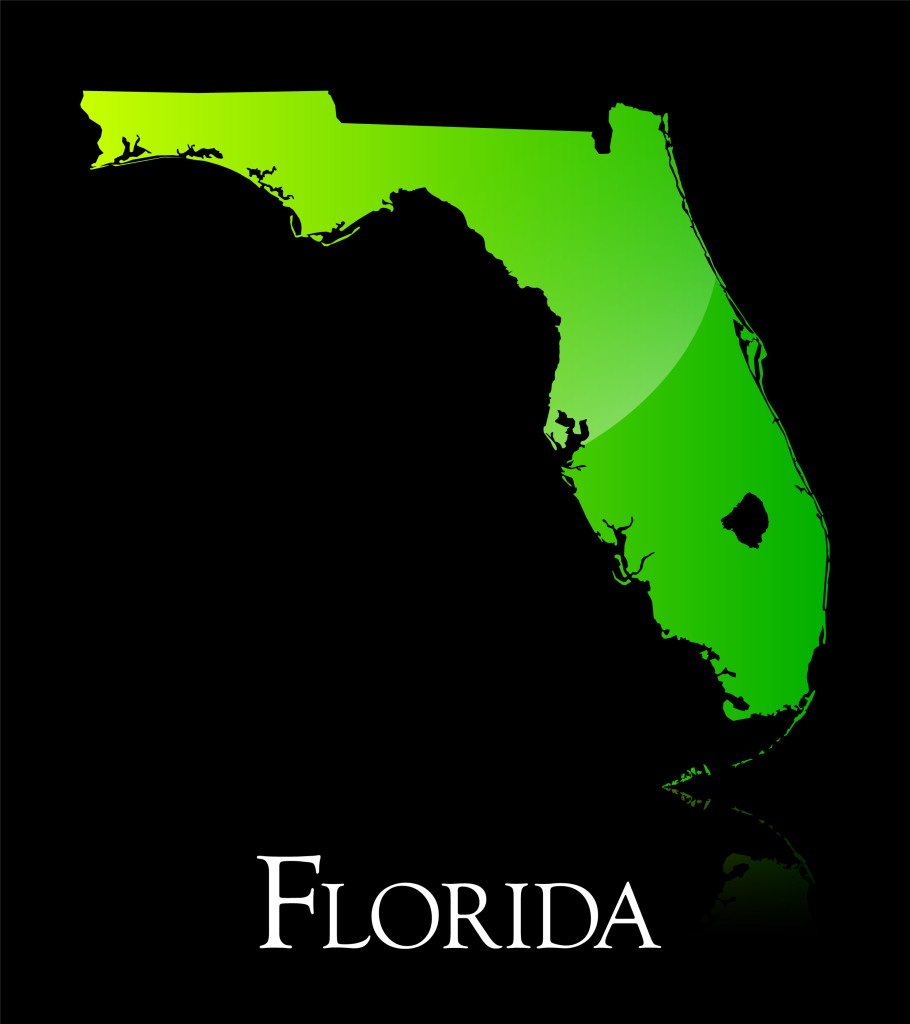FLORIDA NON COMPETITION AGREEMENT LITIGATION
We frequently represent businesses seeking to enforce Florida non-competition agreements against key employees who have either left the company or been terminated. Under Florida law, non-compete agreements are enforceable, though the evidentiary standards that must be proven in court to enforce the non-compete agreement are somewhat high.
Florida law allows Florida non competition agreements to be enforceable in three (3) types of situations: (1) one who sells the goodwill of a business, or any shareholder of a corporation selling or otherwise disposing of all of her or his shares in said corporation, may agree with the buyer, and one who is employed as an agent, independent contractor, or employee may agree with her or his employer, to refrain from carrying on or engaging in a similar business and from soliciting old customers of such employer within a reasonably limited time and area, so long as the buyer or any person deriving title to the goodwill from her or him, and so long as such employer, continues to carry on a like business therein, (2) the licensee, or any person deriving title from the licensee, of the use of a trademark or service mark, and the business format or system identified by that trademark or service mark, may agree with the licensor to refrain from carrying on or engaging in a similar business and from soliciting old customers of such licensor within a reasonably limited time and area, so long as the licensor, or any person deriving title from the licensor, continues to carry on a like business therein, and (3) partners may, upon or in anticipation of a dissolution of the partnership, agree that all or some of them will not carry on a similar business within a reasonably limited time and area.
For a non-compete agreement to be enforceable under Florida law, the following criteria must be proven by the party seeking to enforce the non-compete agreement:
- The non-compete agreement must be set forth in a writing signed by the person against whom enforcement is sought.
- The existence of one or more legitimate business interests justifying the restrictive covenant: (a) trade secrets, (b) valuable confidential business or professional information that otherwise does not qualify as trade secrets, (c) substantial relationships with specific prospective or existing customers, patients, or clients, (d) customer, patient, or client goodwill associated with an ongoing business or professional practice, by way of trade name, trademark, service mark, or “trade dress”, a specific geographic location, or a specific marketing or trade area, or (e) extraordinary or specialized training. Florida law specifies that any non-compete agreement that is not supported by a legitimate business interest is unlawful and is void and unenforceable.
- That the non-compete agreement is reasonably necessary to protect the legitimate business interest or interests justifying the restriction.
If enforcement of the non-compete agreement is not predicated upon the protection of trade secrets, a Florida court will apply the following rebuttable presumptions: (a) in an action against a former employee which is not associated with the sale of assets, a non-compete of 6 months of less in duration will be presumed reasonable, and if the non-compete is more than 2 years in duration, it will be presumed unreasonable, (b) in an action against a former distributor, dealer, franchisee, or licensee of a trademark or service mark which is not associated with the sale of assets, a non-compete of 1 year or less in duration will be presumed reasonable, and if the non-compete is more than 3 years in duration, it will be presumed unreasonable, and, (c) in an action against the seller of all or a part of the assets of, or share in, a business or professional practice, a non-compete of 3 years or less in duration will be presumed reasonable, and if the non-compete is more than 7 years in duration, it will be presumed unreasonable.
If enforcement of the non-compete agreement is predicated upon the protection of trade secrets, a non-compete of 5 years or less in duration will be presumed reasonable, and if the non-compete is more than 10 years in duration, it will be presumed unreasonable.
Generally, a Florida court shall not refuse enforcement of a restrictive covenant on the ground that the person seeking enforcement is a third-party beneficiary of such contract or is an assignee or successor to a party to such contract, and the court shall also not consider any individualized economic or other hardship that might be caused to the person against whom enforcement is sought. However, the court may consider as a defense the fact that the person seeking enforcement no longer continues in business in the area or line of business that is the subject of the action to enforce the non-compete agreement only if such discontinuance of business is not the result of a violation of the restriction. A Florida court must also consider all other pertinent legal and equitable defenses and the effect of enforcement of the non-compete agreement, and the court may award attorney’s fees and costs to the prevailing party in any action seeking enforcement of, or challenging the enforceability of, a non-compete agreement.


